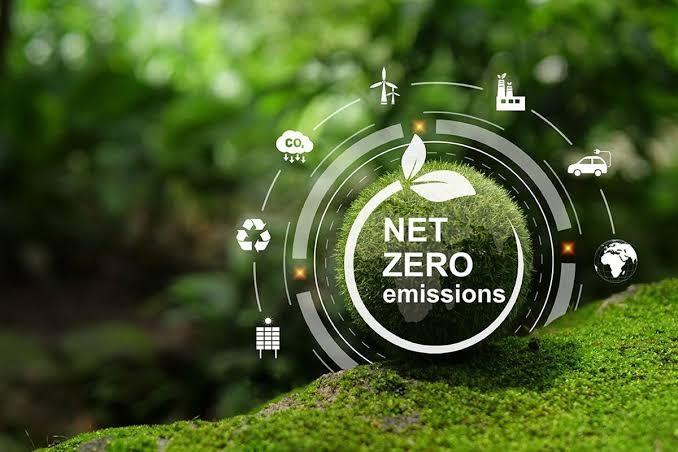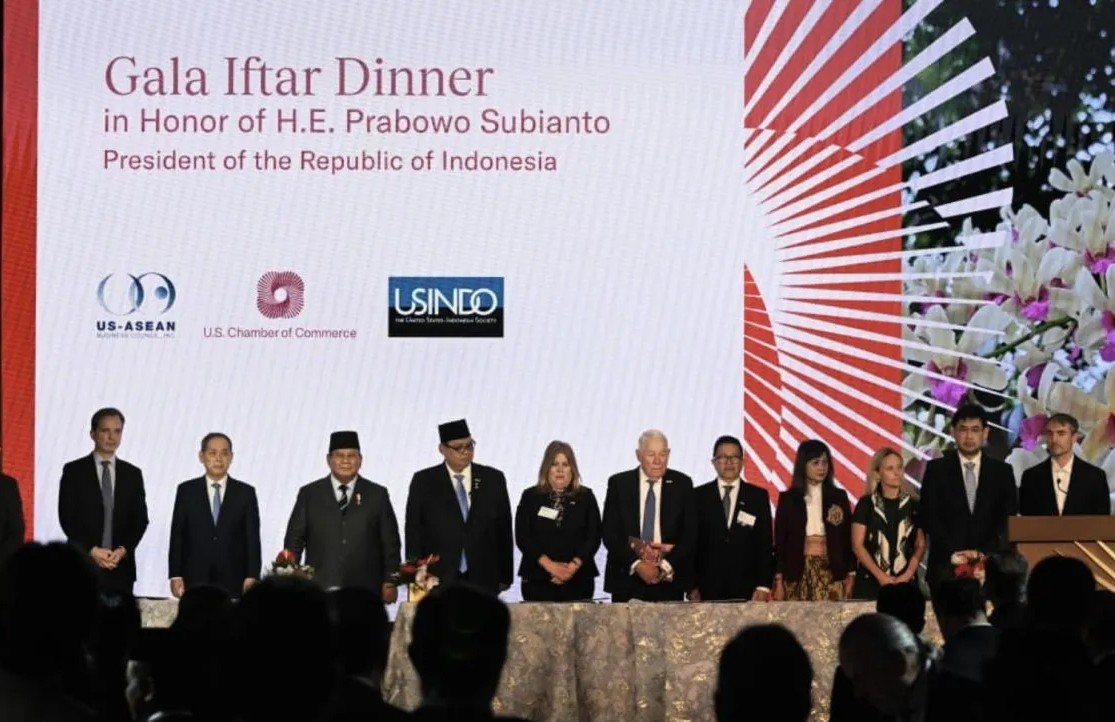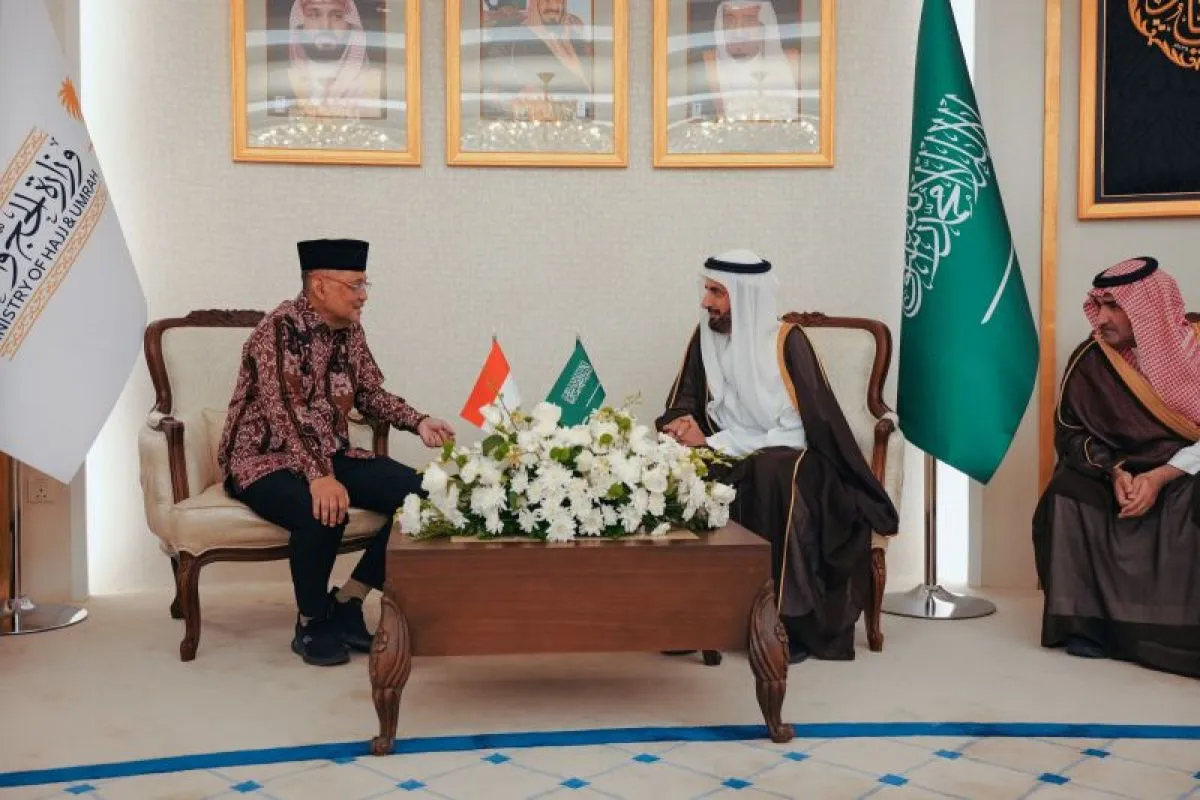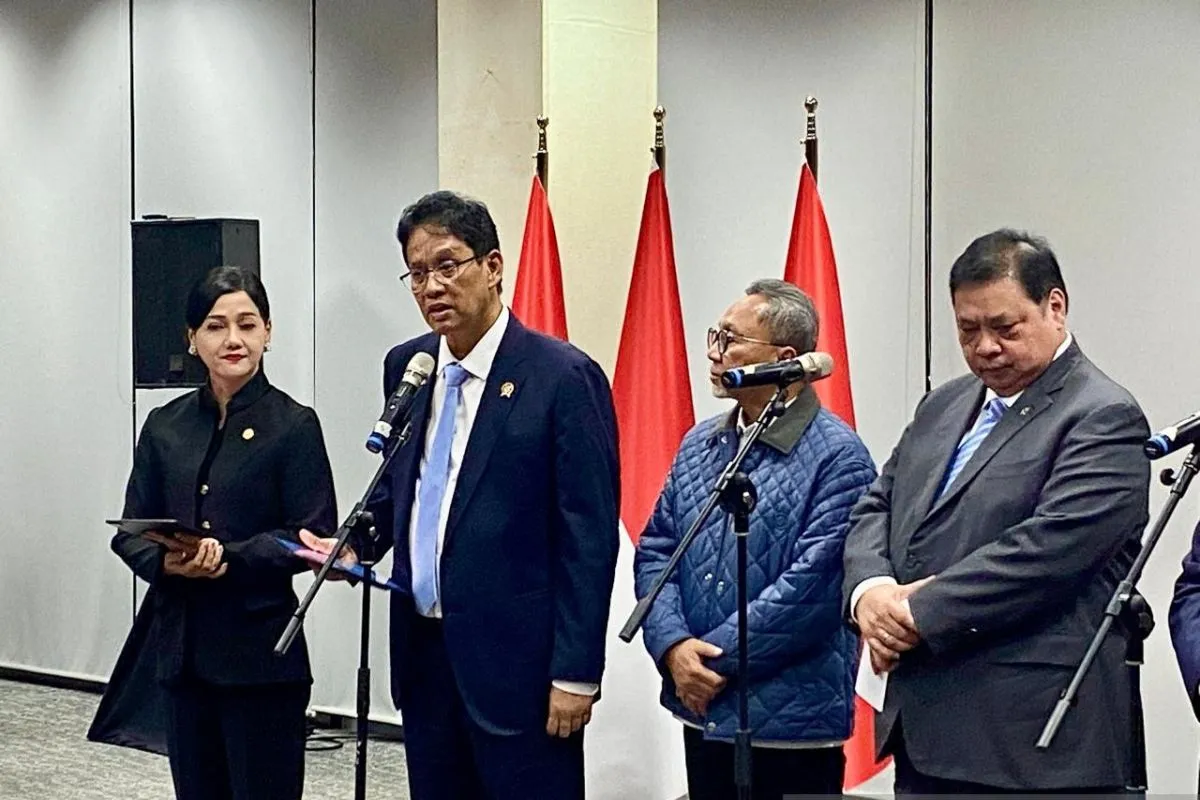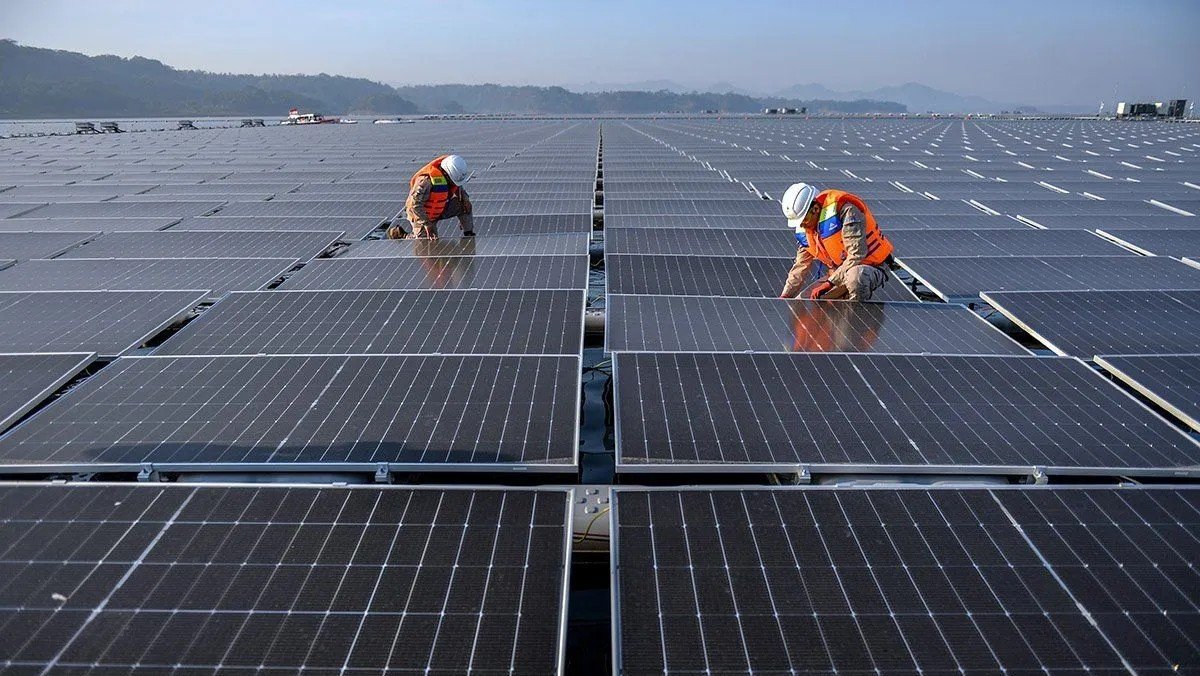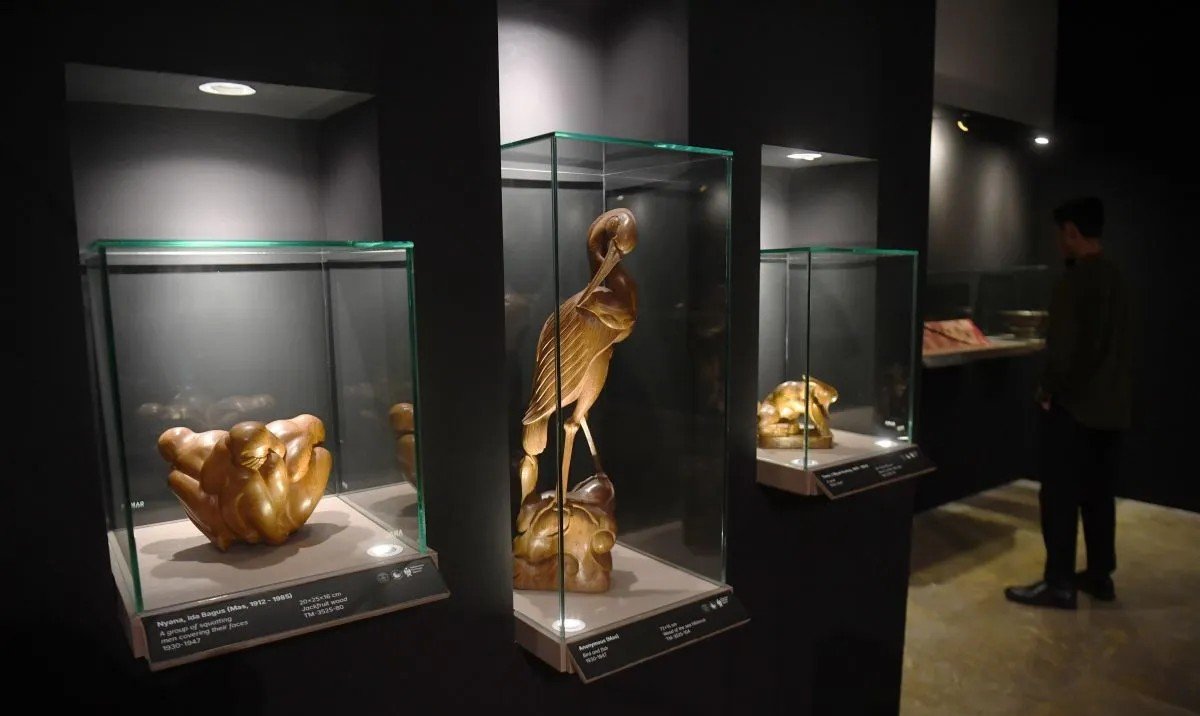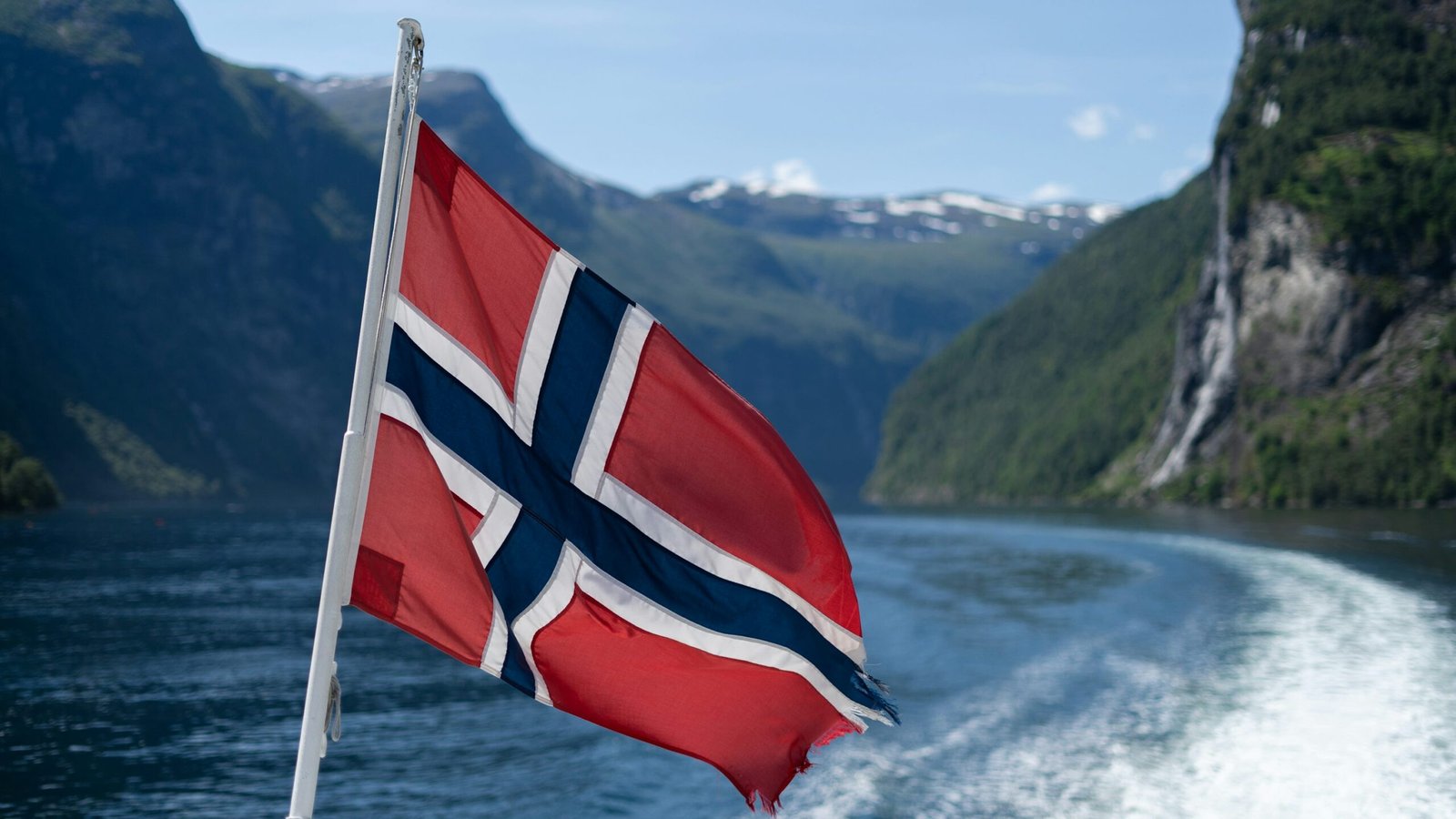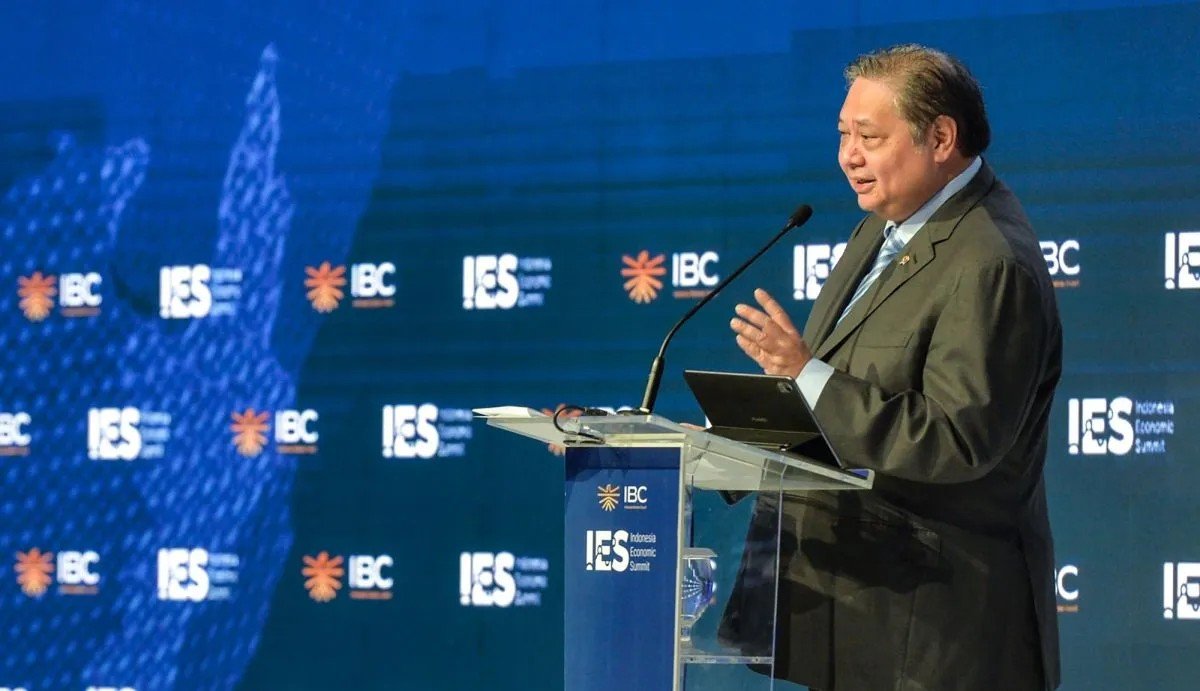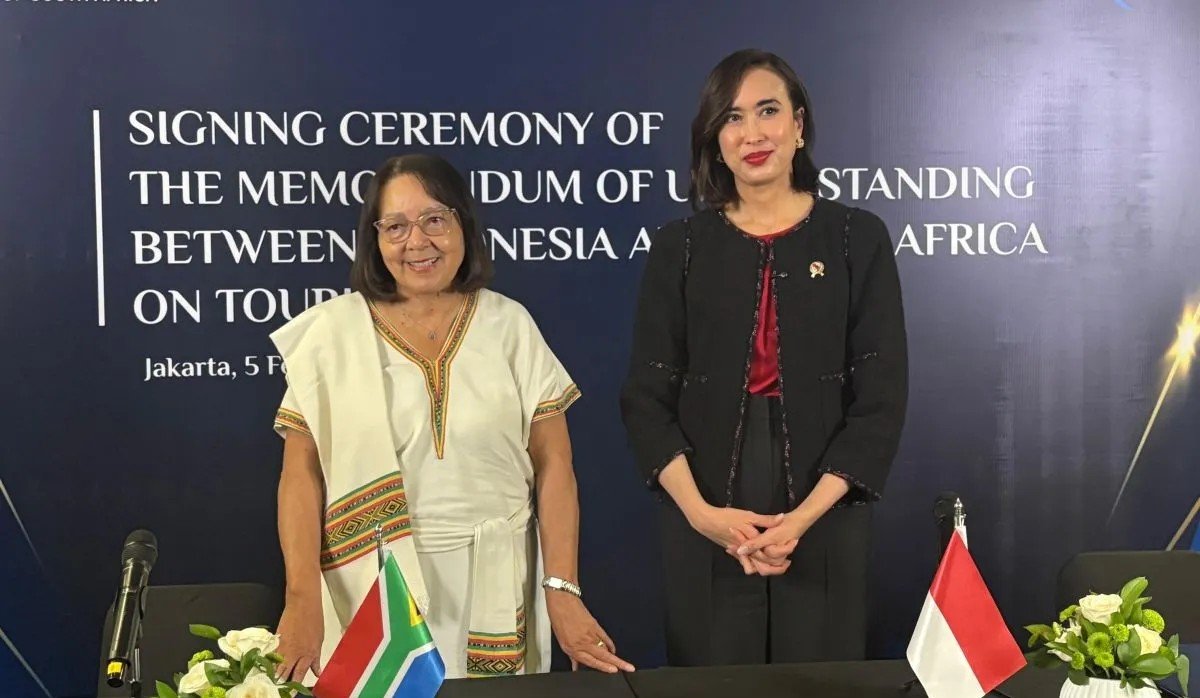Jakarta, July 23, 2024, The Europe Today: The Indonesia Carbon Exchange (IDXCarbon) has facilitated carbon transactions valued at Rp36.7 billion (US$2.2 million) from its launch on September 26 last year to June 30, 2024, according to the Coordinating Ministry for Economic Affairs.
Elen Setiadi, Deputy III for Business Development & Research and Innovation of State-owned Enterprises, reported that in the first half of 2024 alone, carbon transactions totaled Rp5.9 billion (US$364 thousand) with a volume of 114,500 tons of CO2 equivalent.
Setiadi emphasized that IDXCarbon plays a crucial role in helping Indonesia meet its greenhouse gas emission reduction goals and achieve net-zero emissions (NZE) by 2060. He highlighted that 196 countries, including Indonesia, have committed to the Paris Agreement to limit global temperature rise to 1.5 degrees Celsius and reduce carbon emissions by 45 percent by 2030.
Indonesia aims to reduce its carbon emissions by 31.89 percent unilaterally and by 43.20 percent with international support. Recognizing the substantial financial requirements for this goal, the Indonesian government has implemented several regulations, including Presidential Regulation No. 98 of 2021 on the economic value of carbon.
The government has also adopted performance-based payment schemes with international partners. Notably, Indonesia will receive US$156 million from Norway for reducing 31.2 million tons of carbon emissions and US$103.8 million from the Green Climate Fund for cutting 20.3 million tons of emissions. Additionally, East Kalimantan province will get US$110 million from the Forest Carbon Partnership Facility Carbon Fund (FCPF-CP) for reducing emissions by 20 million tons, and Jambi province will receive US$70 million from the BioCarbon Fund for a 14 million-ton reduction.
Setiadi affirmed that the government’s measures would be more effective with the support of private sector actors, academicians, civil society, and the media.
